UNMIK "failed to efficiently investigate Kosovo organ trade"
An association of families of kidnapped and murdered Serbs in Kosovo has voiced its support for a recent opinion of a UN committee related to human organ trade.
Monday, 05.01.2015.
12:13

UNMIK "failed to efficiently investigate Kosovo organ trade"
The Committee said in a recently published opinion, obtained by the Frankfurt-based Serbian language daily Vesti, that it had analyzed UNMIK’s investigative documents and had demanded from the head of the mission to publicly accept responsibility for the failure to conduct thorough investigations.The UN Committee also said it had urged the competent authorities in Kosovo to take all steps necessary to ensure that criminal investigations were continued and the perpetrators of the crimes were brought to justice.
The Committee mentions, in particular, the case of disappearance of Zlatko Antic, who was kidnapped in Prizren in 1999.
The Committee said that the investigation procedure in the case had been fraught with shortcomings from the very beginning. Unlike other cases of disappearance, this case had an eye-witness, and instead of actively following up on the clues, UNMIK police decided that there was no evidence available and put the case on hold in January 2014.
Zlatko Antic is mentioned in a document that has been forwarded to the International Criminal Tribunal for the former Yugoslavia (ICTY) in The Hague and that contained allegations of involvement of the so-called Kosovo Liberation Army (KLA) in abductions of people in KiM and their trafficking to Albania for the purpose of forced prostitution and organ harvesting.
The document states that Antic was among prisoners taken to illegal prisons in northern Albania for the purpose of trafficking in July or early August 1999, the Committee said.
However, UNMIK’s investigative documents lack any indication that such an important information has been delivered to persons investigating the case of Zlatko Antic’s disappearance, or that the mission has carried out any further investigations into the most serious accusations, other than forwarding information to the ICTY, the Committee said.
The UN Human Rights Council Advisory Committee is deeply concerned over the fact that no serious effort has been made to investigate and implement the right to truth regarding these shocking allegations.
When it comes to the disappearance of journalist Marjan Melonasi from the Serb newsroom of Radio Television of Kosovo in the center of Pristina in 2000, it was established that the UNMIK documents contained no investigative file to indicate that the police had questioned anybody in relation to the case. The Committee, therefore, raises the suspicion that the UN police in Kosovo was not willing to investigate crimes suspected to have been committed by the KLA.
Taking note of the circumstances of this case, UNMIK did not take all of the appropriate measures to find the remains of the missing person and continue the investigation to identify the perpetrators and bring them to justice. The Committee fears that this lack of effort indicates a certain reluctance to investigate amongst UNMIK police, especially when there are indications of politically motivated violence pointing to persons related to the KLA, the Committee’s says.
According to Vesti, over the last three months, the UN Human Rights Council Advisory Committee pointed to shortcomings in UNMIK’s investigations in a total of 18 of their opinions relating to 31 cases.
The Association of the Families of the Kidnapped and Murdered in Kosovo and Metohija said in its release on Sunday that “the families of the victims view this report as perhaps the last chance of seeing justice being delivered for the Serb victims.”
The Association claims that many have held their tongue about the human organ trafficking in Albania for years and that many from NATO, KFOR and UNMIK took part in crimes against Serbs.
The proof of this lies in a human rights committee’s report, where it is said that abducted Serb civilians, policemen and soldiers were being placed in detention in the main base of the United States Army under KFOR command, Camp Bondsteel, the Association of the Families of the Kidnapped and Murdered in Kosovo-Metohija said.
The families of the victims demanded that they be answered whether the kidnapped Serbs were still being kept in that prison.
“We will seek from NATO, KFOR, UNMIK and EULEX to take responsibility, even at the cost of our own lives, as UN Security Council Resolution 1244 has made them responsible for the lives of our loved ones,” the Association said.











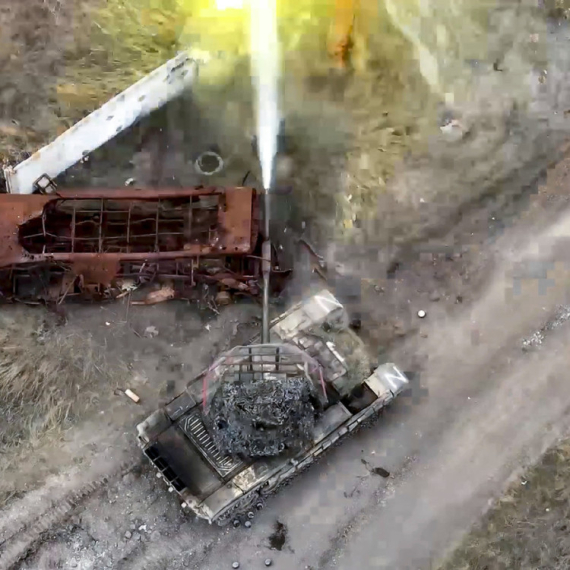

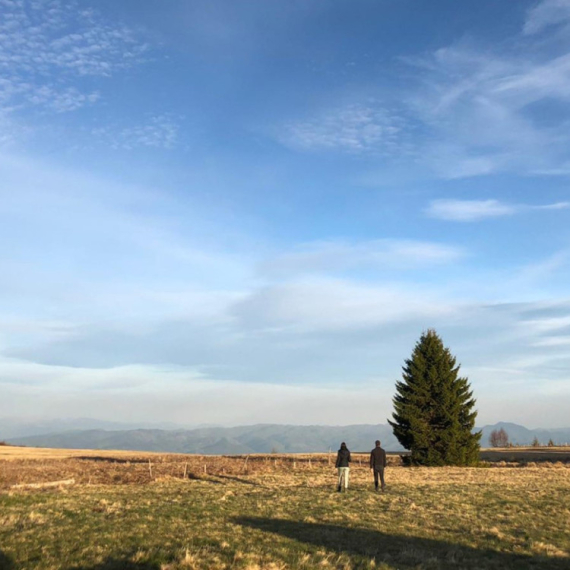
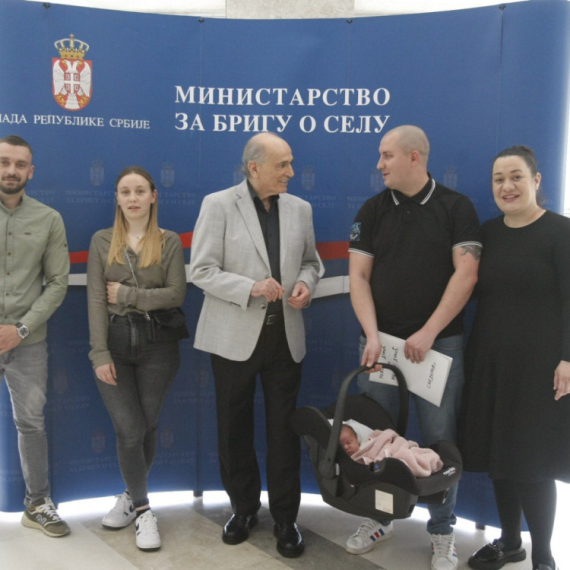
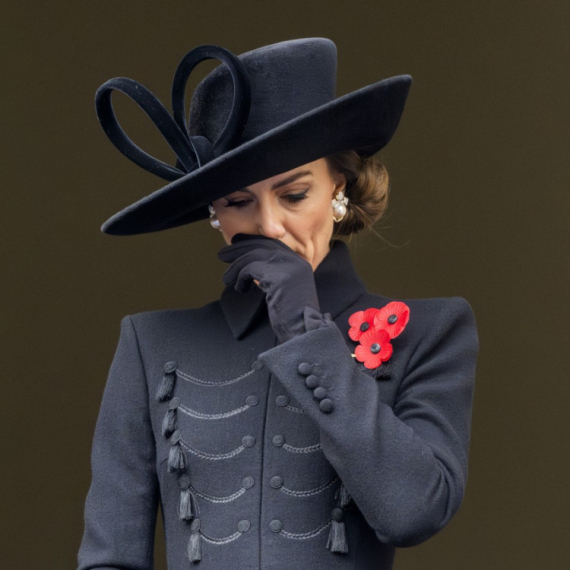





















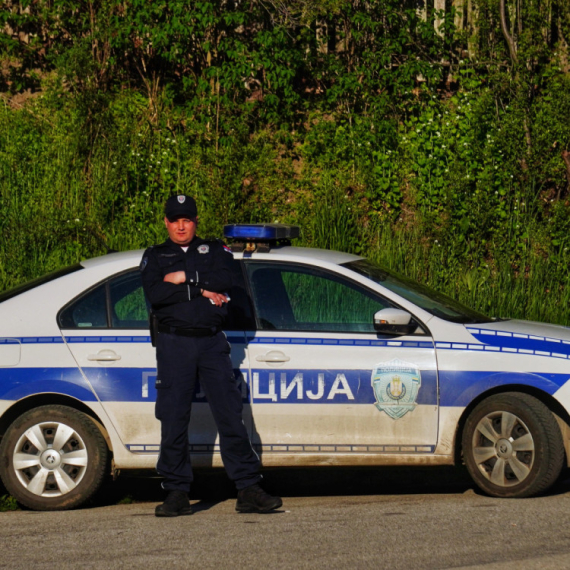
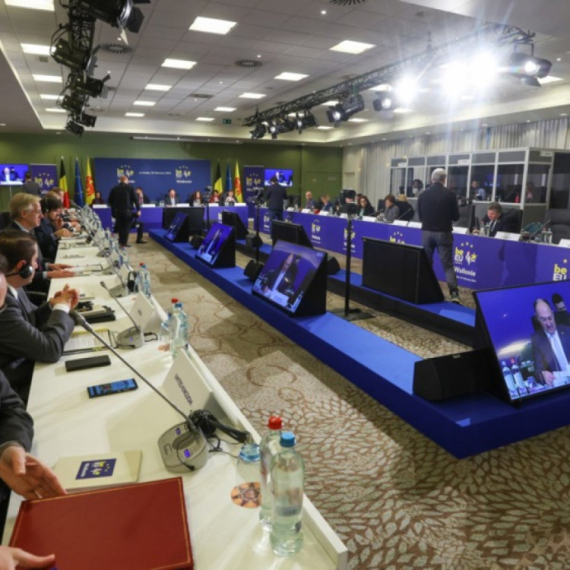
















Komentari 0